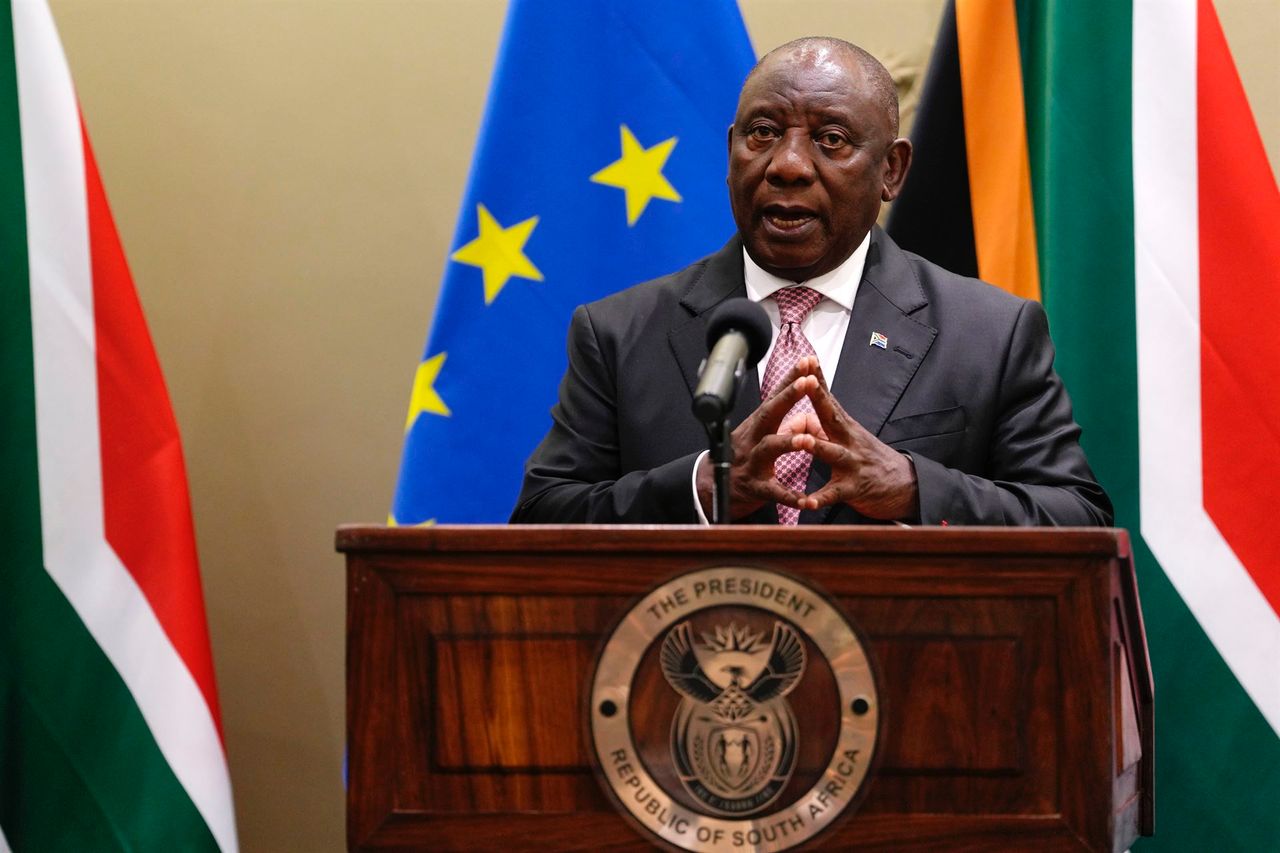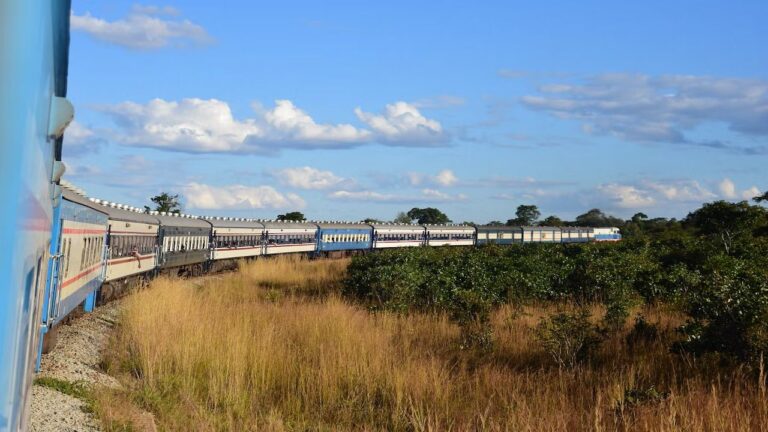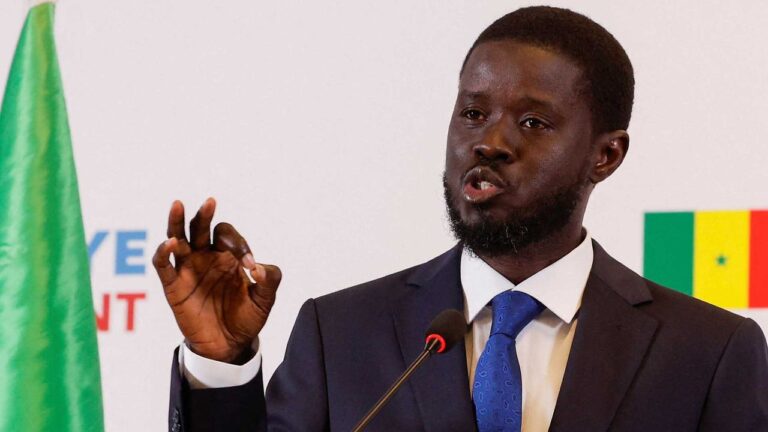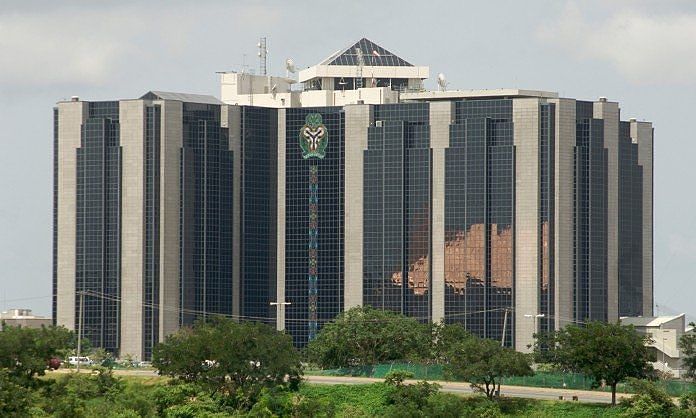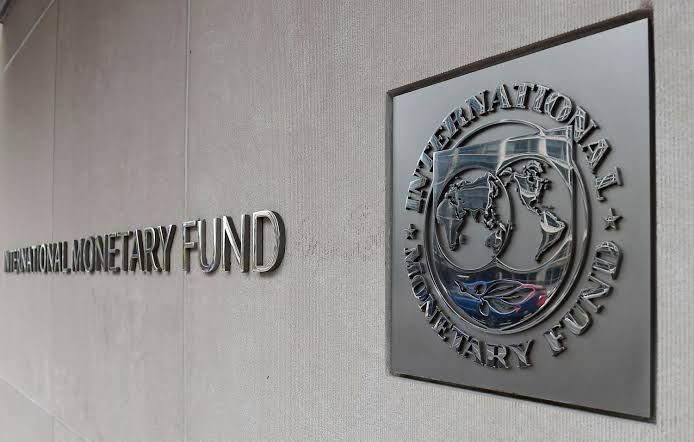Nwali Chidozie
Following the recent resolution of a protracted budget impasse, South Africa is now seeking $500 million in foreign exchange (forex) funding. The move comes as the nation aims to stabilize its economy and address critical financial needs after months of fiscal uncertainty.
According to a statement from the South African National Treasury, on Friday; the government is seeking to supplement its foreign currency borrowing programme for the 2025/26 fiscal year “by exploring innovative and cost- effective financing mechanisms and hereby invites eligible market participants to submit proposals
for such solutions.” The treasury said, calling on investors or individuals with verifiable capital to come on board and safe the country from embarking on fresh borrowing from institutions like world bank and International Monetary Fund (IMF)
However, the budget deadlock, which saw significant disagreement within the Government of National Unity (GNU) over key fiscal proposals, including a proposed VAT hike, finally ended with the National Assembly’s approval of the 2025 Appropriation Bill.
This approval paves the way for the government to move forward with its financial plans, including securing much-needed forex.

The treasury said that the $500 million in forex funding aims to “diversify the sovereign’s hard currency funding toolkit beyond a traditional Eurobond; reduce execution risk and minimise the allin cost of funds; and maintain flexibility for future liability management actions aligned with evolving market”
Meanwhile, Finance Minister Enoch Godongwana had faced considerable challenges in navigating the budget process, with initial proposals for a significant VAT increase and adjustments to personal income tax brackets being swiftly rejected.
The revised budget, which ultimately gained approval, projected a more modest increase in additional tax revenue for 2025/26 compared to earlier forecasts.
The total government spending for the 2025/26 year is set at R2.3 trillion ($128.8 billion), with substantial allocations for national departments, social grants, and infrastructure upgrades.
Despite the delays and political wrangling, the government has maintained that essential services have not been disrupted. As President Cyril Ramaphosa stated in May, the recent controversy had led to “a more inclusive and transparent Budget process. Unlike before, where it was a one-way process, now institutions, political parties, and citizens can provide input.”

The pursuit of this $500 million in forex funding underscores South Africa’s commitment to bolstering its financial position and implementing crucial economic reforms in the wake of the resolved budget deadlock.



